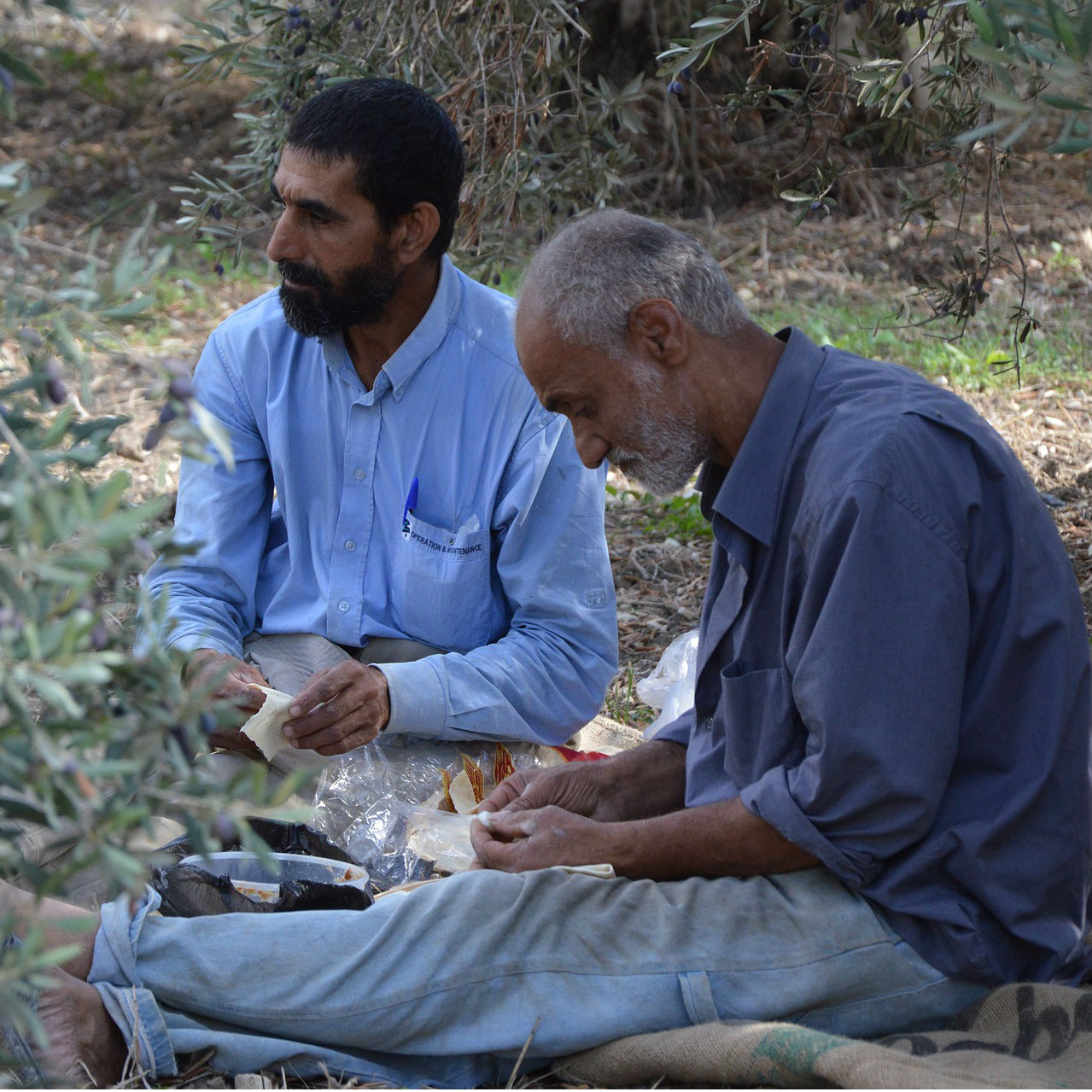World Refugee Day: A Look at Four Syrian Scientists

Today is World Refugee Day. Fifteen years after the establishment of this international day by the United Nations, supporting the plight of refugees around the world is more crucial than ever.
The Syrian crisis has forced more than half of the country’s population to be displaced. Four and a half million refugees have fled to Turkey, Lebanon, Jordan, Iraq and Egypt, and over 350,000 to Europe. In total, over 160,000 Syrians refugees have been resettled globally since the start of the crisis and over 450,000 are still in need of resettlement. As the conflict is showing no signs of abatement, devising long-term solutions to integrate refugees into host countries is proving essential.
A public awareness campaign was launched several years ago by the Office of the United Nations High Commissioner for Refugees (UNHCR) with a poster showing Albert Einstein and reading: “a bundle of belongings isn’t the only thing a refugee brings to his new country…Einstein was a refugee”.
Allowing refugee scientists from around the world to continue their work after being displaced is the mission of the Scholar Rescue Fund (SRF), a program of the Institute of International Education (IIE). For many years, SRF has placed senior researchers facing “threats to their personal security or academic careers” in countries around the world, helping them find host universities, facilitating visa procedures, and awarding fellowships.
I spoke with four current and former SRF fellowship recipients from Syria: an Information Technology engineer now in the US, a pharmacologist in the UK, a food biotechnologist in Canada, and an electronic systems engineer based in France. Each one of them, with their own path, background and experience brought a unique perspective on challenges they and their peers are facing.
For the IT engineer now working in the US, language remains a major hurdle for refugee scientists looking to integrate society – and this is particularly true in the case of Turkey where he initially fled and worked. He also cited difficulties in getting work permits as well as limited job opportunities and resources as another considerable challenge. Syrian universities are public, and research funds are automatically distributed, so that Syrian scientists have little grant-writing experience. This represents a significant barrier for scientists like the UK-based pharmaceutical researcher who calls for training to get refugee scientists up to speed with the widely different academic systems around the world. In addition, the lack of equivalence between Syrian and foreign degrees means refugees are offered positions below their qualifications. He therefore deems that providing a sort of ‘provisional equivalence’ would allow refugee scientists to fully contribute to their field.
For most Syrian scientists looking for positions abroad, a major hurdle lies in the visa process. This was the case for the Canada-based researcher, for whom visa processing was lengthy. The fourth scientist I spoke with, an electronic systems engineer placed in France, thought the hardest part for Syrian scientists was to find a host university.
All four Syrian scientists had noteworthy solutions for increased placement capacity and better integration of their peers around the world. The US-based Syrian scientist proposed an online learning platform, which would serve as a university for Syrians, managed by Syrians. An alternative would be the creation of a ‘university in exile’ in a host country — Jordan and Lebanon being likely candidates as they are already accepting students. To him, education is a priority for Syrian scholars, as he fears that large numbers of Syrian students unable to attend university will result in a ‘lost generation’. The UK-based pharmacologist suggested the creation of a network of refugee scientists, with the goal of helping peers navigate the intricacies of their new life. According to the Canada-based scientist, easing visa regulations for scientists is essential. Upon the end of the fellowship, scientists are looking for more permanent situations in their host countries. This has proven a significant challenge for the engineer now working in France, despite having obtained his PhD in this country. Following the IIE-SRF fellowship, he and his colleagues launched a startup company, allowing him to obtain a one year work permit as an entrepreneur. His residency application is currently pending.
Scientists displaced as a result of conflict, such as the one in Syria, may not only contribute scientifically to their host country, but can also share their culture, knowledge, and experience. Conversely, upon their return, these individuals can help strengthen ties between host and home countries through the establishment of scientific collaborations. All four SRF fellows agreed on the importance of acting as ‘ambassadors’ of Syria in their host country. Before the war, Syrian researchers were isolated from the international scientific community, says the UK-based scientist; all foresee maintaining scientific ties with their former host countries when returning to Syria upon the end of the conflict, to help rebuild the scientific enterprise there.



